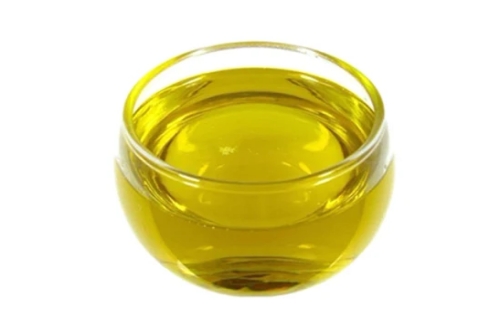- Home
-
Products
Emulsifier List
- Application
- Gallery
- News
- Blog
-
About Us
About Us
- Contact Us







 in Food & is SSL Vegan.jpg)

 in High-Speed Bread Lines.jpg)
